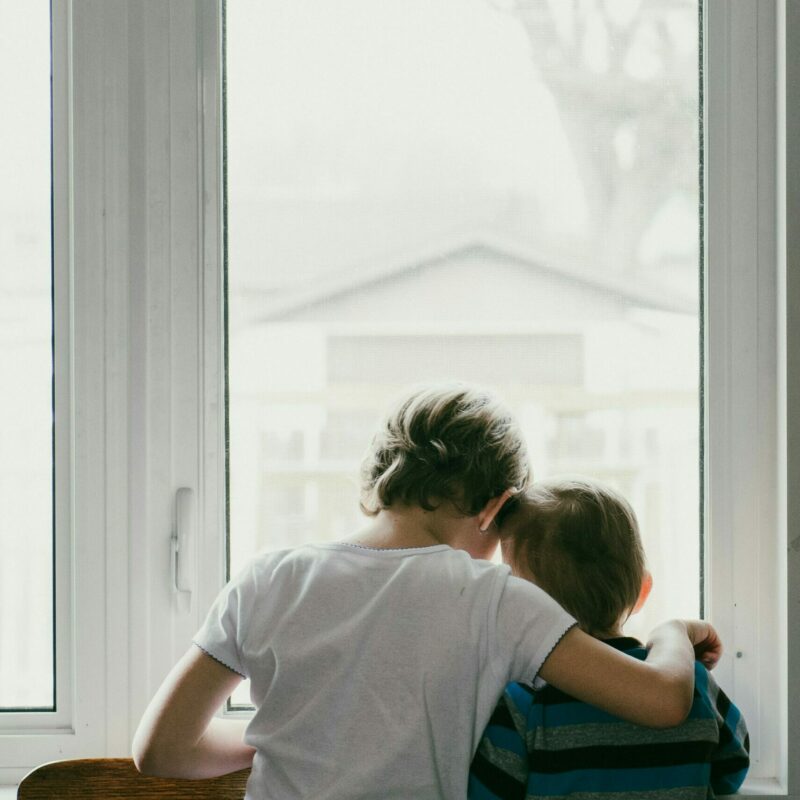While so much remains unknown as we enter into summer, one thing we do know is that it will look very different this year. A mother told me that this is the first summer in 18 years they will not be having their annual family reunion in Palm Springs. Another parent is managing the disappointment of their child not being able to spend time with his grandparents in Asia, a tradition that had been going on for 10 years. Access to pools, playgrounds, recreation parks, and summer camps may also be limited this summer.
Redeeming the Importance of Unstructured Play
This disruption to the normal rhythm of summer naturally brings forth a sense of disappointment, anxiety, and uncertainty. For some families, summer is an opportunity to travel or create special memories as a family. For others, summer camps or schools provide a much-needed reprieve for parents who rarely get a break during the year. Naturally, the idea of children stuck at home complaining about being bored sounds very daunting.
We live in a society that prioritizes productivity, work, and activity. Idleness is seen as wasted time, while work and structured activities build character. Children today have become more over-scheduled. Play is replaced with academic training as early as kindergarten, while children are assigned more homework, and enrolled in more structured extracurricular activities.
Unstructured Play is Essential to the Thriving of Children
Research has highlighted the benefits of unstructured play. The more time children engage in child-initiated unstructured activities, the better they are able to regulate their impulses and engage in self-directed behaviors (known as executive functioning). In fact, a clinical report from the American Academy of Pediatrics highlighted the power of play. They concluded that play enhances development in young children and suggested that pediatrics “write a prescription for play.”
Many countries with the best reading rate do not prioritize early formal instruction. Finland, the world’s most literate nation, does not have their children receive any formal education until they are seven years old, which is much later than most countries. For families of younger children, the pause on structured activities and lessons during this time can be a welcomed opportunity to create more space for play to take place.
What are considered unstructured activities? Any form of free play (alone, with siblings, or with a group of friends), social activities with family that do not contain specific agendas (hiking, biking, picnic), entertainment (movies, performances, sporting events), reading, drawing, spontaneous practice, even media and screen time (including watching television or playing video games). If you struggle with screen time, here are some ideas to address the screen time battle while stuck at home. (One idea is to observe a screen sabbath, where everyone in the family refrains from using electronic devices one day a week. If a whole day sounds too ambitious, you can start with only a couple hours.)
Embrace Boredom
You must have heard, or even dreaded hearing, your child scream, “I am bored.” While feeling bored is often associated with negative connotations like laziness, restlessness, or inaction, some amount of boredom is good. Doing absolutely nothing, daydreaming, or allowing your minds to wander can be beneficial. Boredom begets imagination and creativity. Our mind needs space and margins to pause and reflect. Waiting in line or being stuck in traffic may feel unproductive. But they may be the most productive moments when your brain makes meaningful connections or consolidates new information.
Erika Christakis, former preschool director and author of The Importance of Being Little: What Young Children Need from Grownups, argues that while children are prewired for play, play takes time and practice to cultivate. That requires space and intentionality, and for parents to take on the rhythm of a child.
With school being interrupted across the country the last three months, there may be concern as to whether your child is missing out on important learning or developmental opportunities. I coin that as: FOMO (Fear of Missing Out) on behalf of your children. As such, there may be a temptation to fill the summer up with more activities. But for this summer, perhaps it is good to create empty spaces for children, to allow them to dawdle and be aimless, to make messes and make mistakes, and “sometimes to have exactly zero objective in mind.”
Continue Exploring

Practices
A Practice: Courageous & Curious Conversations toward Mutuality
When seeking mutuality in relationships, courageous and curious conversations are necessary. Here's a practice to guide you.

Practices
Power Dynamics in Relationships
Power dynamics affect how we engage with our loved ones. Learn how to get curious and courageous to develop mutuality in relationships.

Practices
Raising Prosocial Kids
What conversations should we have with young people to help them develop? How do we encourage them to offer their gifts to the world?

